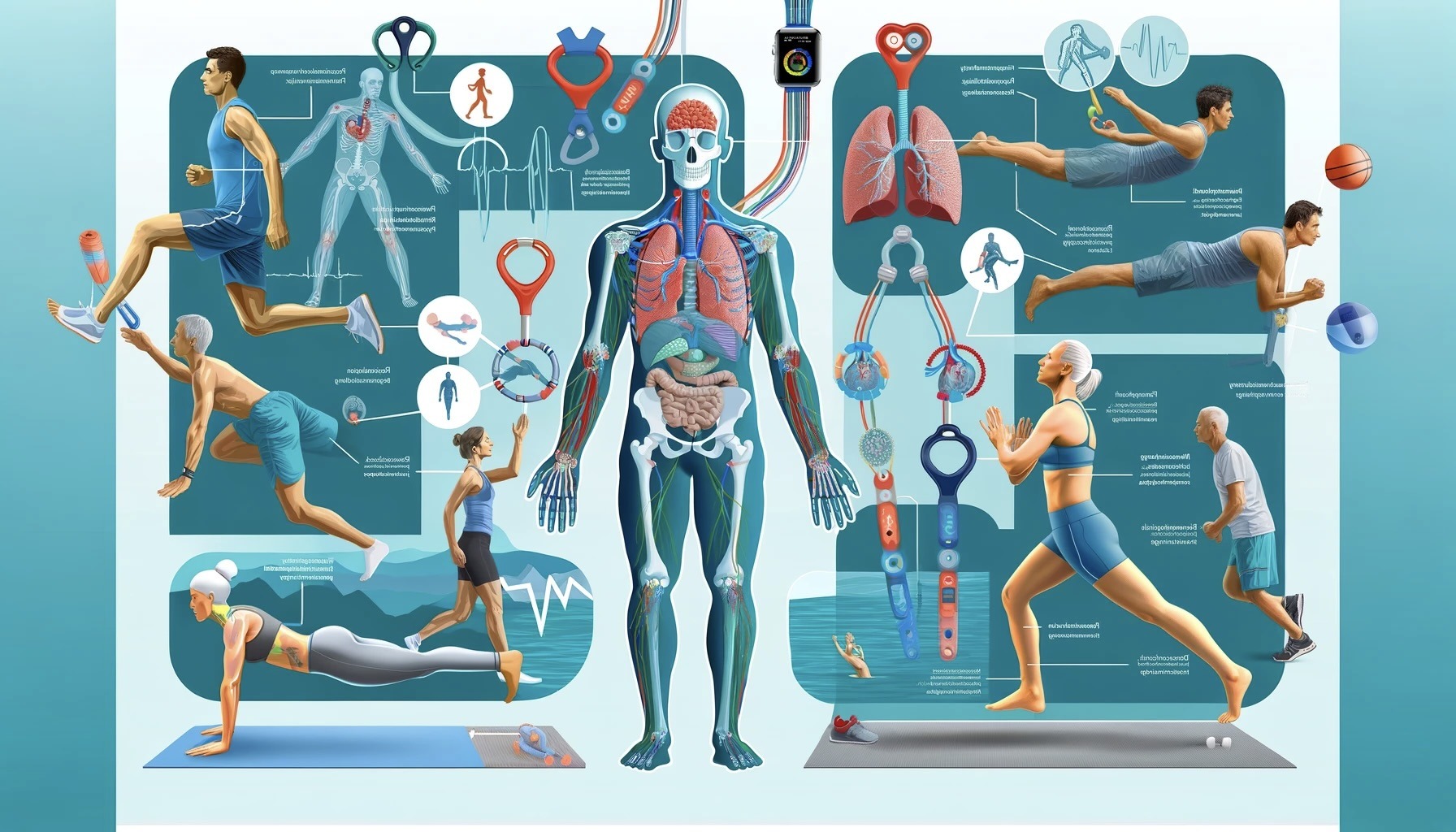
In a time where Australia’s population is ageing, chronic illness and diseases continue to increase in prevalence, and obesity remains an epidemic, there is a strong need for health care and interventions to improve the health and wellbeing of our population.
Among other health care professionals, that’s where Exercise Physiologists come in.
What is Exercise Physiology?
Exercise physiology involves using exercise-based interventions, movement, and physical activity to facilitate and optimise health status, function, recovery, and independence.
In short, and Exercise Physiologist is an expert in exercise, and uses exercise as ‘medicine’ to treat chronic disease/conditions and improve the quality of life of a client.
Using a person-centred approach, we work collaboratively with clients to screen, assess, measure their capacity, and function and prescribe the appropriate exercise to improve their health condition and wellbeing.
Who are Exercise Physiologists for?
Exercise physiology is available and appropriate for everyone, but is commonly used for a range of chronic disease management such as:
- Metabolic diseases (obesity, diabetes)
- Pulmonary diseases (bronchitis, asthma, COPD)
- Cardiovascular disease (coronary artery disease, heart failure, post-surgery)
- Neurological disease (stroke, brain injury, spinal cord injury, parkinsons, MS)
- Musculoskeletal injury/condition (frozen shoulder, patellofemoral knee pain, tendinopathies)
- Mental health conditions/disorders (depression, anxiety, ASD)
- Cancer
Providing people with lifestyle modifications, behavioural coaching, education around their condition, physical rehabilitation, home exercise programs (HEP), and assessing their functional capacity are all things Exercise Physiologist’s do.
What to expect during an initial consultation:
The first session with an Exercise Physiologist involves:
- 15-minute Interview/Conversation to get an idea of your exercise history, condition/illness, medication compliance, goals, quality of life, social support and any other necessary information specific to you.
- 30-minute Outcome Measure testing, where the EP will assess your physical and mental health through individualized measures as a baseline to then begin appropriate exercise from.
- A plan going forward for continued sessions and a program to begin.
What qualifications do Exercise Physiologists have?
An Accredited Exercise Physiologist (AEP) is a university qualified allied health professional with:
- 4 years minimum study of a bachelor’s degree
- Over 360 hours of practical experience with real clients
- Generally, a master’s degree in clinical Exercise Physiology
So, rest assured you are in safe and experienced hands!
Funding for exercise physiology services is available to a variety of individuals through different schemes and programs, including Medicare, private health funds, the National Disability Insurance Scheme (NDIS), and workers’ compensation schemes. So who can gain funding for exercise physiology?
Medicare
- Chronic Disease Management (CDM) Plans:
- Individuals with chronic medical conditions (such as diabetes, heart disease, arthritis, or chronic pain) can be referred by their General Practitioner (GP) for up to five allied health services per calendar year, which can include exercise physiology.
- Eligibility is determined by the GP based on the presence of a chronic or complex condition.
Private Health Funds
- Extras Cover:
- Members of private health insurance funds with extras cover that includes allied health services may receive rebates for exercise physiology sessions.
- The amount covered and the specific eligibility criteria vary between health funds, so members should check with their insurer for details.
National Disability Insurance Scheme (NDIS)
- Participants with Disabilities:
- NDIS participants with a plan that includes funding for health and well-being activities can access exercise physiology services.
- Funding under the NDIS is tailored to the individual’s needs and goals, and exercise physiology can be included as part of capacity building supports or core supports.
Workers’ Compensation Schemes
- Work-Related Injuries:
- Individuals who have sustained work-related injuries and are covered under workers’ compensation schemes may receive funding for exercise physiology as part of their rehabilitation plan.
- Approval is typically required from the treating doctor and the workers’ compensation insurer.
Department of Veterans’ Affairs (DVA)
- Veterans:
- Eligible veterans can receive funding for exercise physiology services through the DVA’s Health Card system (Gold or White Cards).
- Services must be referred by a GP and align with the treatment plan for the veteran’s accepted conditions.
Local and State Government Programs
- Health and Community Programs:
- Some local and state government programs offer funding or subsidies for allied health services, including exercise physiology, particularly for older adults, people with disabilities, or those with chronic health conditions.
- Availability and eligibility criteria vary by region.
Community Health Services
- Low-Cost or Subsidised Services:
- Community health centres and non-profit organisations may provide low-cost or subsidised exercise physiology services for individuals with financial difficulties or specific health conditions.
Employer Programs
- Corporate Wellness Programs:
- Some employers offer wellness programs that include funding for exercise physiology as part of their employee health and well-being initiatives.
Individuals with chronic health conditions, disabilities, work-related injuries, veterans, older adults, and members of private health funds are among those who can gain funding for exercise physiology services. Eligibility criteria and the extent of coverage vary depending on the funding source. It is advisable for individuals to consult with their healthcare providers, insurers, or relevant organisations to understand their specific entitlements and how to access these services.
I now head up the RevoPT Exercise Physiology department and I would love to help you to reach your health and exercise goals. If you’d like to know a little more about me you can read my profile here South Melbourne Exercise Physiologist Yanni Staedel-Arnould or reach out via our contact us page and we can organise a time for a chat.